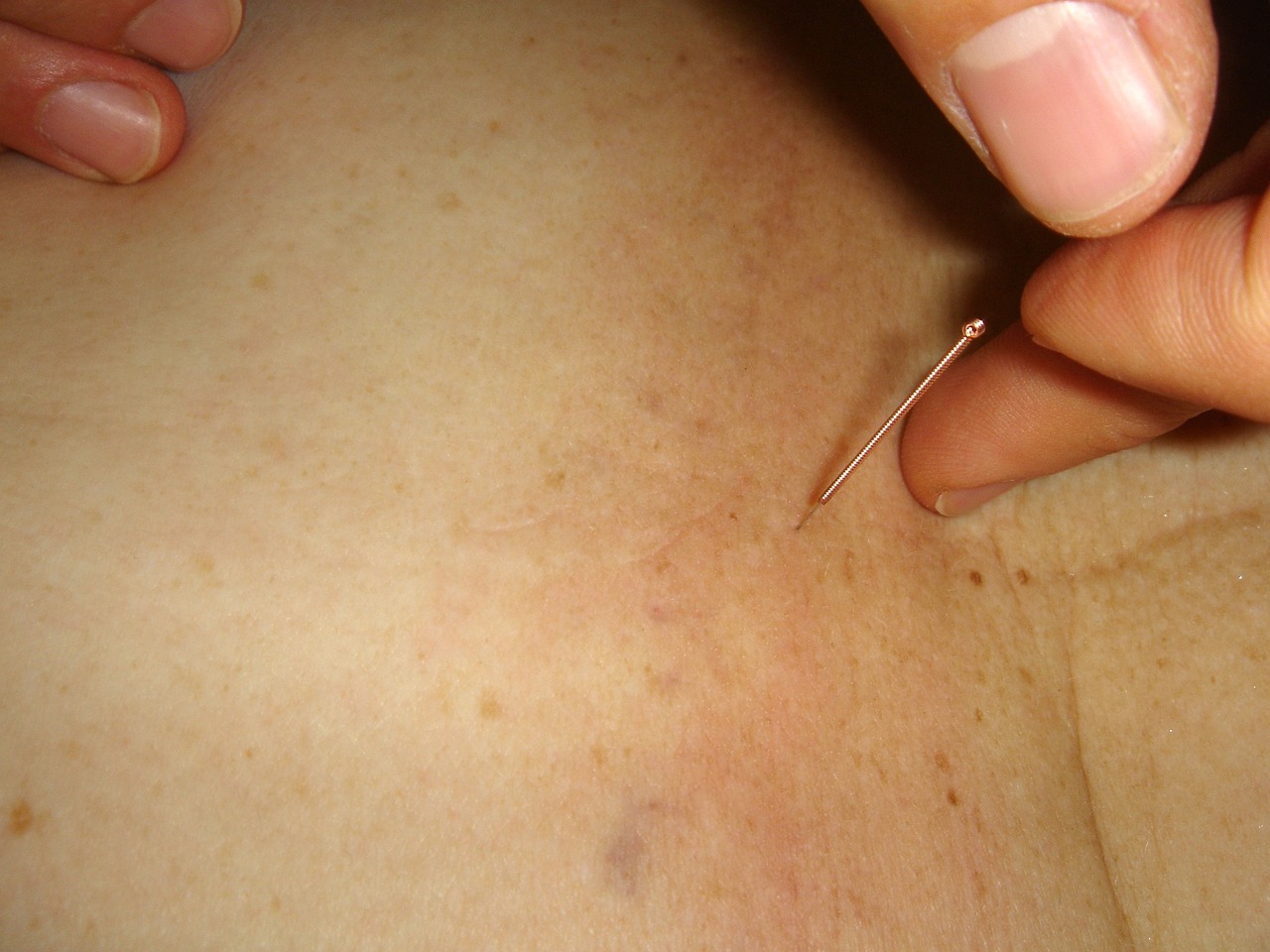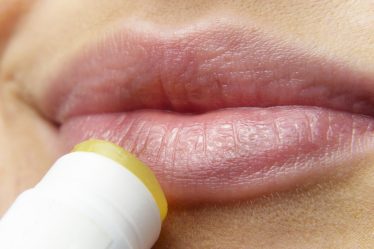
Introduction:
Leprosy, also known as Hansen’s disease, is a chronic and infectious condition caused by the bacterium Mycobacterium leprae. Although relatively rare in modern times, leprosy remains a significant health concern in some regions of the world. Historically, this disease has been shrouded in myths, fear, and stigma. Traditional treatments for leprosy have often involved herbal remedies and alternative medicines that have been passed down through generations. In this article, we will explore the ancient wisdom behind herbal treatments and their potential role in managing leprosy.
Understanding Leprosy:
Leprosy primarily affects the skin, peripheral nerves, and mucous membranes, leading to skin lesions, disfigurement, and loss of sensation in affected areas. The transmission of leprosy is not yet fully understood, but it is believed to occur through respiratory droplets from an infected person.
While advancements in modern medicine have significantly reduced the prevalence of leprosy, certain communities still rely on traditional herbal treatments and alternative medicine to address this ancient ailment. Although the efficacy of these treatments is not universally recognized, many herbal remedies have shown promise in alleviating symptoms and supporting overall health.
Herbs and Their Potential Benefits:
- Neem (Azadirachta indica): Neem has a long history of use in Ayurveda, an ancient Indian medicinal system. Its antifungal, antibacterial, and immunomodulatory properties have made it a popular remedy for various skin conditions, including leprosy. Neem leaves, oil, or extracts can be applied topically to reduce skin inflammation and promote wound healing.
- Turmeric (Curcuma longa): Turmeric contains curcumin, a potent anti-inflammatory compound. This herb has been utilized in traditional Indian medicine to address various inflammatory conditions, including leprosy. Applying turmeric paste or using it internally may help reduce the severity of skin lesions and improve overall immune function.
- Aloe Vera (Aloe barbadensis miller): Known for its soothing properties, aloe vera gel can provide relief to leprosy patients by alleviating skin irritation and promoting tissue repair. It also exhibits antimicrobial activity, which can help prevent secondary infections in affected areas.
- Chinese Skullcap (Scutellaria baicalensis): Used in traditional Chinese medicine, Chinese skullcap contains baicalin and baicalein, compounds with potential anti-inflammatory and antimicrobial effects. These properties make it a possible candidate for managing the inflammatory symptoms of leprosy.
- Indian Sarsaparilla (Hemidesmus indicus): Indian Sarsaparilla is considered a blood purifier in Ayurvedic medicine and has been historically used to treat skin diseases, including leprosy. Its potential immune-modulating properties might aid in the body’s fight against the M. leprae bacterium.
The Role of Alternative Medicine in Leprosy Management:
It’s crucial to acknowledge that while herbal remedies and alternative medicine can offer potential benefits, they should not replace modern medical interventions for leprosy. Standard treatment involves multi-drug therapy (MDT) recommended by the World Health Organization (WHO), which combines antibiotics to kill the bacteria effectively.
However, in areas with limited access to modern healthcare, traditional herbal treatments can play a role in managing symptoms and improving the quality of life for leprosy patients. Additionally, herbal treatments may serve as adjunct therapies in combination with MDT, potentially enhancing the overall treatment outcomes.
Conclusion:
Leprosy continues to pose challenges in various parts of the world, but the power of traditional herbal remedies and alternative medicine offers a glimmer of hope in managing this age-old disease. While modern medicine remains the primary approach to combat leprosy, exploring the therapeutic potential of herbs like neem, turmeric, aloe vera, Chinese skullcap, and Indian Sarsaparilla can provide additional support to affected individuals.
However, before attempting any alternative treatment, it is essential to consult with qualified healthcare professionals who have experience in managing leprosy. Together, a holistic approach that combines the wisdom of traditional remedies with modern medical interventions can bring us closer to a future where leprosy is effectively controlled and its stigma eliminated.





